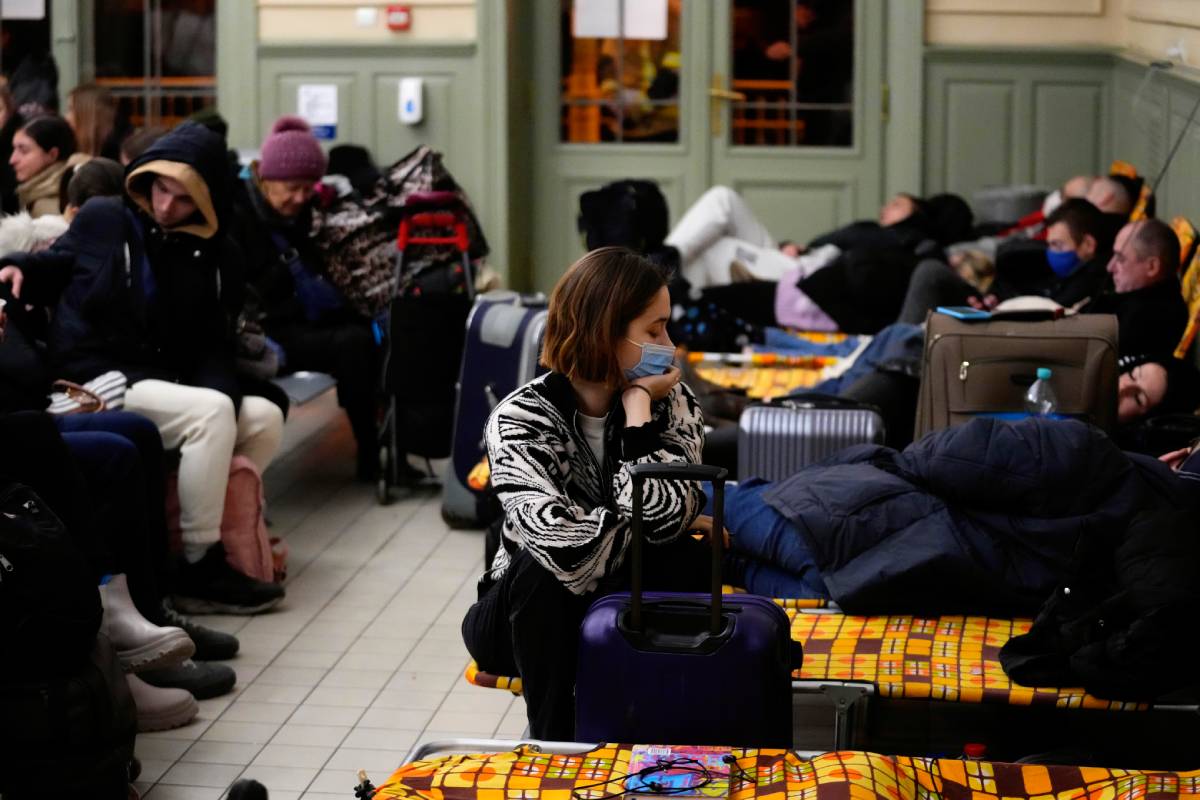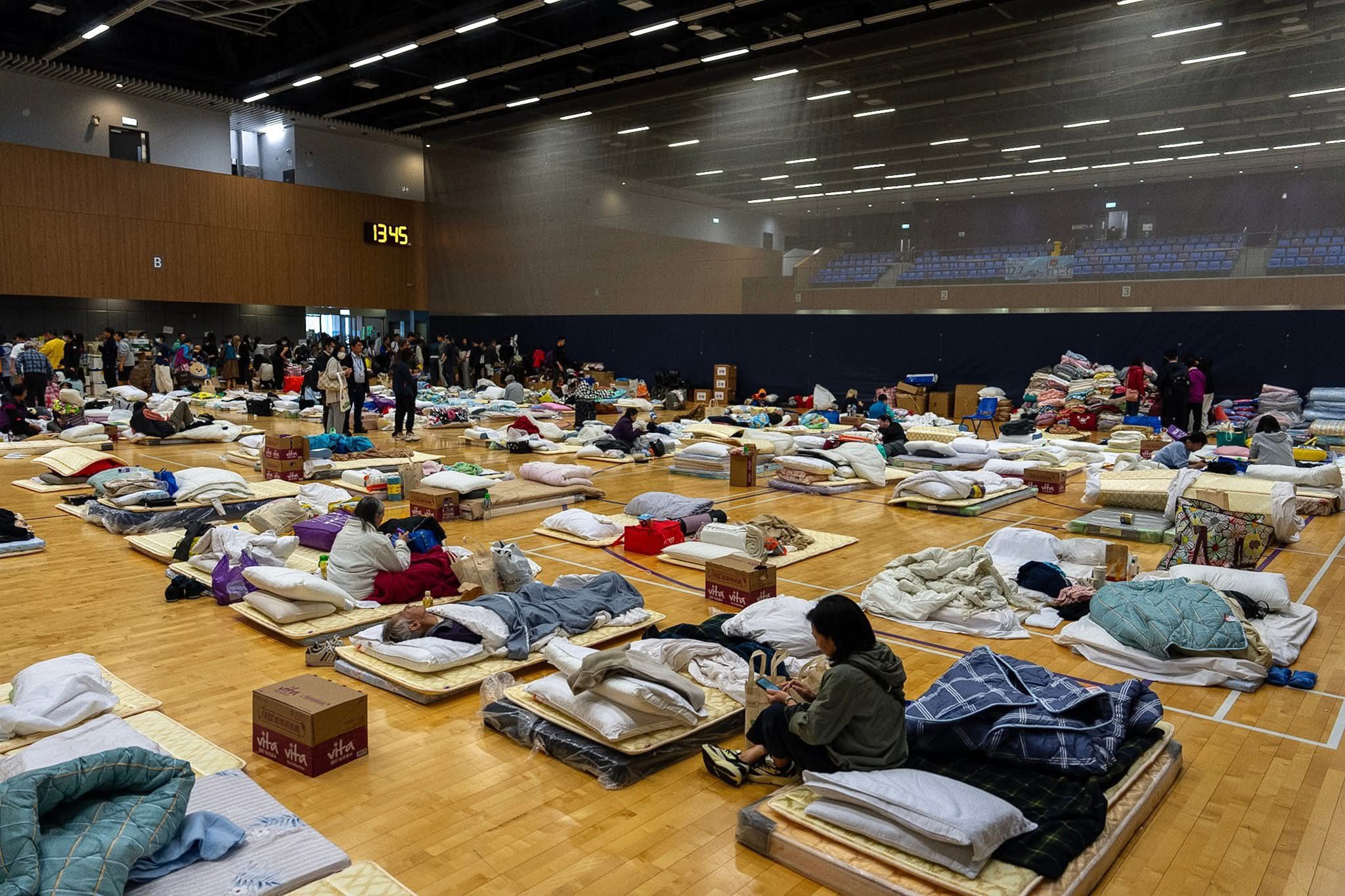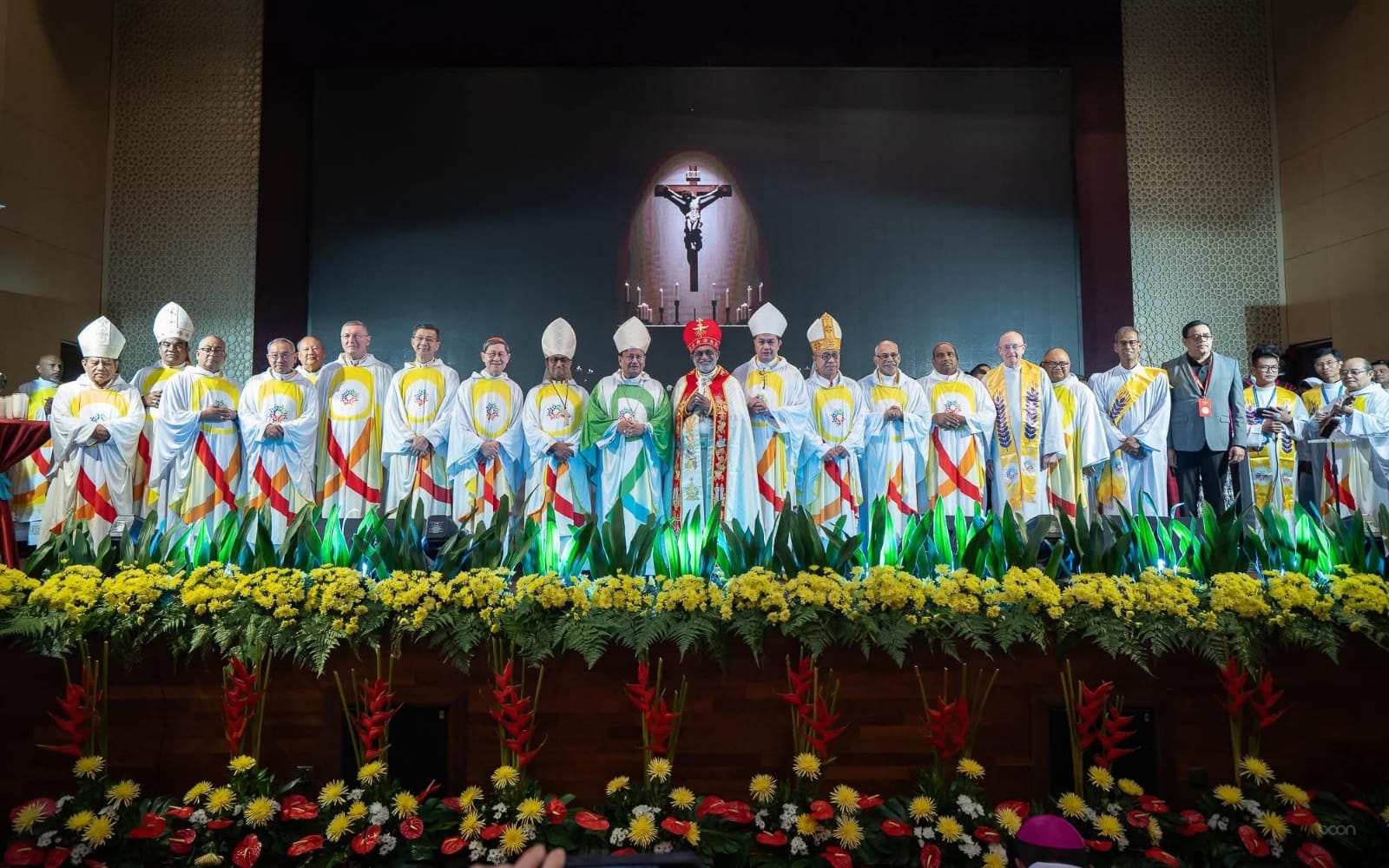José Maria C.S. André
The name of this country will remain as a symbol of a heroism and longing for peace that has not been seen in the world for years.
In the family group, we were exchanging information about demonstrations in support of Ukraine, and a niece of mine, who works in Poland, wrote:
“We will go today with the Ukrainians from the office. The massive movement that is being generated is amazing. I think the atmosphere here is more intense because there are so many Ukrainian immigrants and because of the geographical proximity. Lots of people (young, old, Polish, Ukrainian, Russian, of all nations) are driving to the Polish border to pick up the refugees and give them a ride to the refugee centers, to other cities, or, often, to their own homes. The protests are growing bigger and bigger. There are queues at the collection points to deliver food, medicine, clothes, etc., which then travel by train to the border and are passed on to Ukraine. It is really impressive to see a country and a society, which usually does not welcome refugees or immigrants in general, suddenly join efforts. One perceives a knife-edge atmosphere, but at the same time an incredible unity in the streets. It is very moving to hear the stories of the parents and families from the office. Some call in tears because their parents are doctors and have been called to help in the front lines, others create associations out of nothing, because their sister is sleeping in an underground shelter, because she is being bombed. A wave of thinking that we all have our parents there, and we all want to help grew suddenly.”
A friend from Poland sent me an endless video, filmed with the cell phone: a huge queue, going around a corner and around another corner and on and on… to a place to give blood to send to Ukraine.
Another friend, told me about a phone call he witnessed, from a Polish man to a Ukrainian colleague, who works in the company’s delegation in Ukraine:
“You have to run away from there, come to my home.”
“I can’t, my parents are here in Ukraine.”
“Then let’s go pick them up and bring them here.”
As soon as the invasion began, Pope Francis spoke on the phone with the President of Ukraine, Volodymyr Zelenskyi, to support him. Francis went personally to the Russian Embassy to the Holy See to convey to the Ambassador, in a meeting that lasted 30 minutes, his position regarding the conflict. He also called the Ukrainian bishops, expressing his availability to do whatever he could for Ukraine. In social networks and audiences, he tirelessly called for peace. In particular, he wanted Ash Wednesday to be a day of fasting and prayer for peace in Ukraine: “Jesus taught us that the diabolical foolishness of violence is answered with the weapons of God, prayer and fasting.”
Most Ukrainian Orthodoxs depend on the Patriarchate of Constantinople, but there is a minority attached to the Moscow Patriarchate. Metropolitan Onuphre, the head of this minority, instead of agreeing with Putin’s claim that the intervention was intended to protect them, declared his support “for the military who protect and defend our land and our people. May God bless and keep them! Defending the sovereignty and integrity of Ukraine, we address the President of Russia and ask him to immediately end this fratricidal war …. This war has no justification either before God or before man.”
A group of 233 Russian Orthodox priests and deacons signed an appeal of enormous courage: “We mourn the ordeal that unjustly afflicts our brothers and sisters in Ukraine.” And they went on to recall that “no earthly authority …, no guard will protect us from the Universal Judgment. Concerned for the salvation of all those who consider themselves children of the Russian Orthodox Church, we do not want any of them to come to this judgment carrying the heavy burden of the maternal curse.”
Friends of mine, who speak Russian and follow directly what is going on over there, tell me that some Russians demonstrated peacefully against the war and were brutally repressed. There are also Russians working to sabotage weapons production.
“All the Russian Youtubers we follow, on the most varied topics (channels about Ukraine, about cars, my favorite Youtuber about minimalism) have risked their lives to publicly criticize the invasion. These channels have turned into means of war reporting or political activism. Another Youtuber, very influential in the public opinion, …had to flee to Norway.”
The UN and the European Union have strongly condemned Russian cruelty.
After this invasion, the world is perhaps more solidary, more united, but thousands of Ukrainians are paying with their lives the price of this outcome.
(Photo AP/Petr David Josek)


 Follow
Follow


